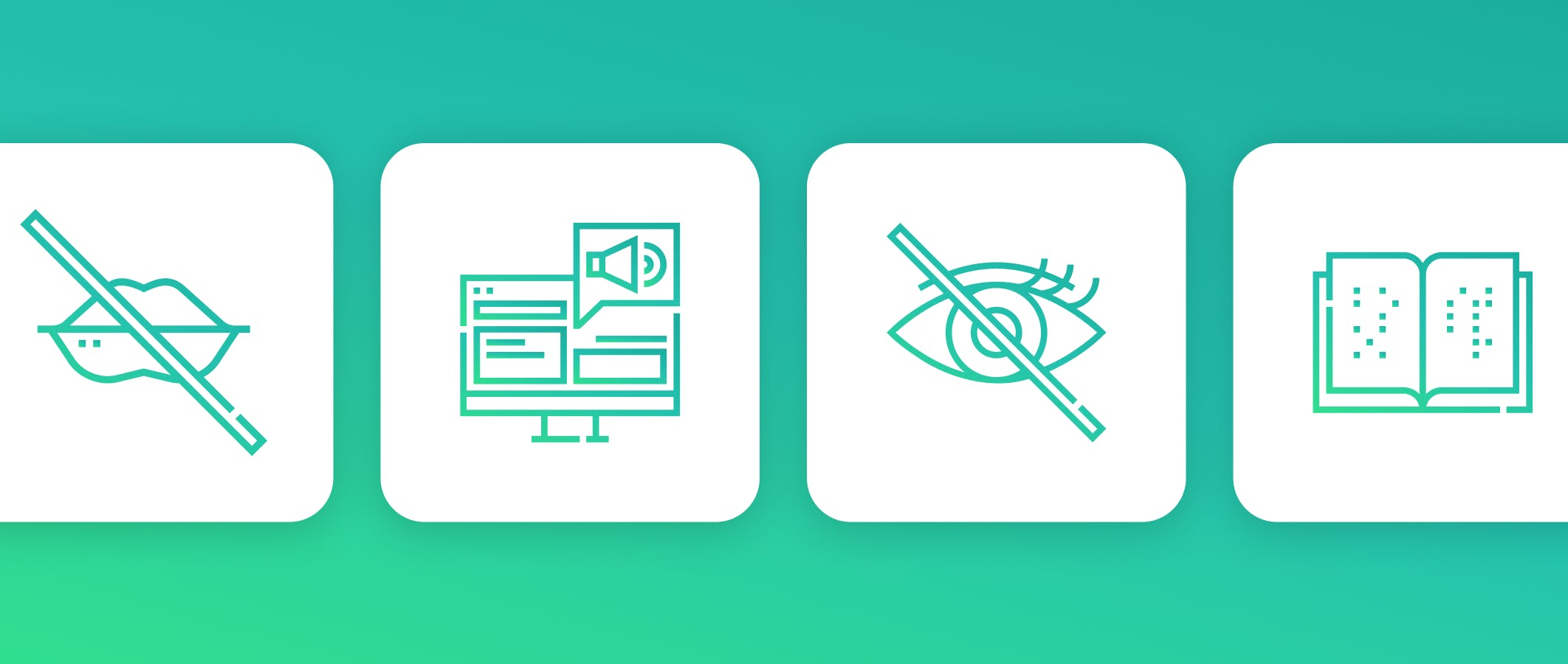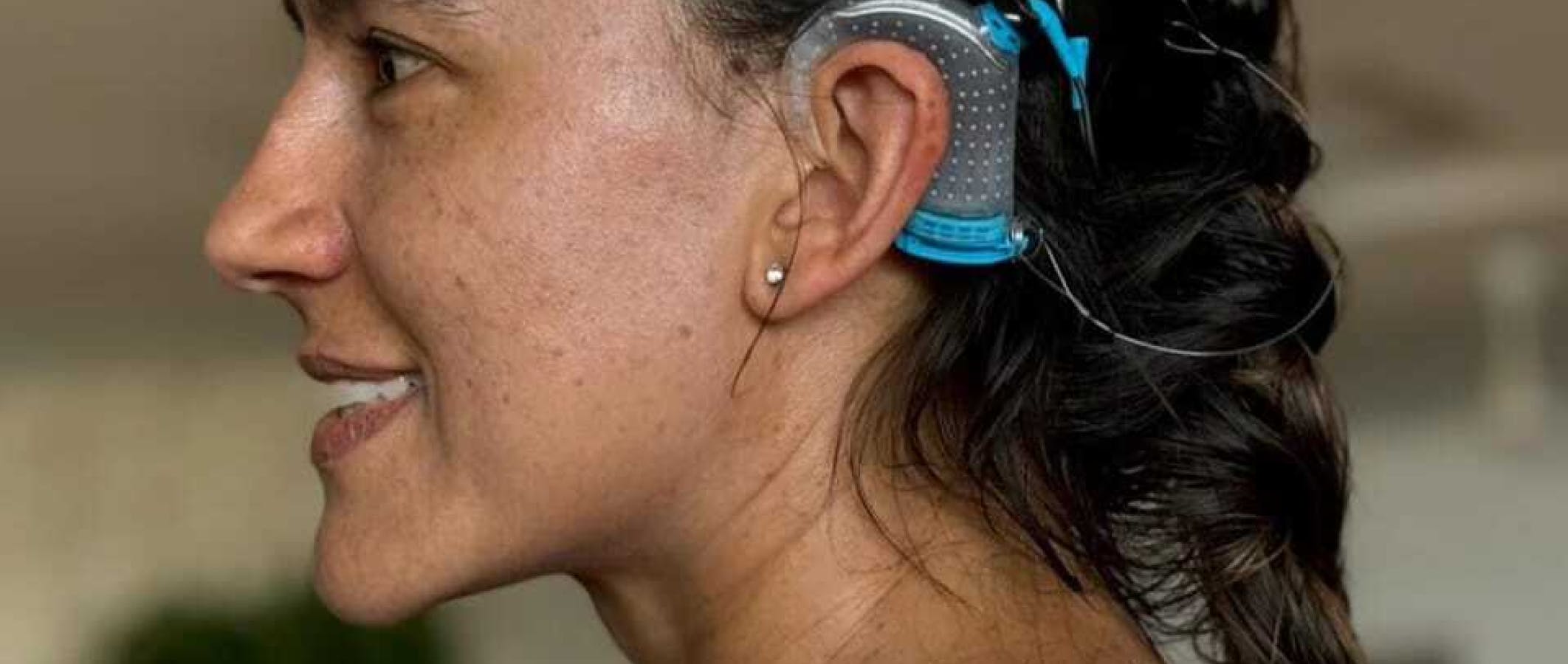Back to blog
How Generative AI is Revolutionizing Accessibility for People with Hearing Disabilities
Artificial Intelligence (AI) has made remarkable advancements in recent years, with applications in various fields. One of the most transformative uses of AI, and one that is rarely discussed, is in improving accessibility for people with disabilities. Generative AI, in particular, has opened new doors by providing tools that can, for example, convert spoken language into text, making information more accessible for the hearing impaired.
Michele Chahin
VP of Marketing

Zapia: A Milestone in Communication
Zapia is an AI assistant that stands out, among other functionalities, for its ability to convert WhatsApp audio messages into text. This functionality is invaluable not only to the general public but especially to people with hearing impairments. "We realized that we went viral within hearing-impaired communities through social media comments and constant messages from people thanking us for this feature. We decided to understand this audience better and have already made several accessibility adaptations in our app," says Juan Pablo Pereira, COO of Zapia.Real-World Impact
The impact of Zapia on the deaf community is profound. Many people with hearing loss, even with the use of advanced devices, struggle to clearly understand audio messages. In the past, they often relied on others to help interpret these messages. With Zapia, they can now access audio content independently, promoting greater autonomy and confidence in their daily interactions.
Interview with María Antonia Jaramillo Montoya
Zapia Team: How did you come across Zapia?María Antonia: I found out about Zapia in a group I have with several people with hearing loss.
Zapia Team: How has Zapia helped you in your daily life?
María Antonia: Look, I have cochlear implants in both ears. The implants have greatly improved my quality of life, but still, there are parts of the audios that I miss. If I am in a very noisy environment, sometimes it is difficult to hear, and if the person is in a very noisy environment, too. The implants have the ability to be connected directly to the device, so let's say that greatly improves the quality of the sounds, but still, there are parts that I cannot hear, words that I cannot understand. The text helps a lot.
Zapia Team: How did you deal with audio messages before Zapia?
María Antonia: Before I knew about Zapia, I had to go to someone else and ask them to listen and tell me what the audio said. Obviously, sometimes it was uncomfortable because I didn't know if the audio was something more confidential.

